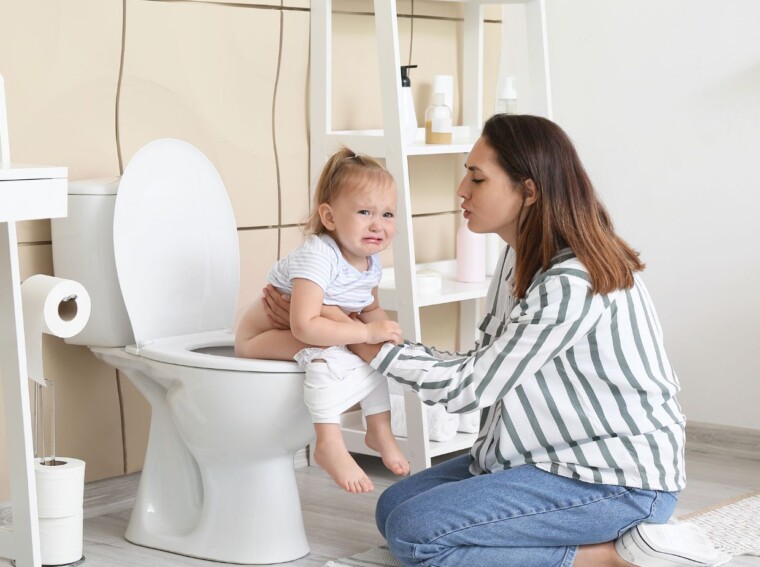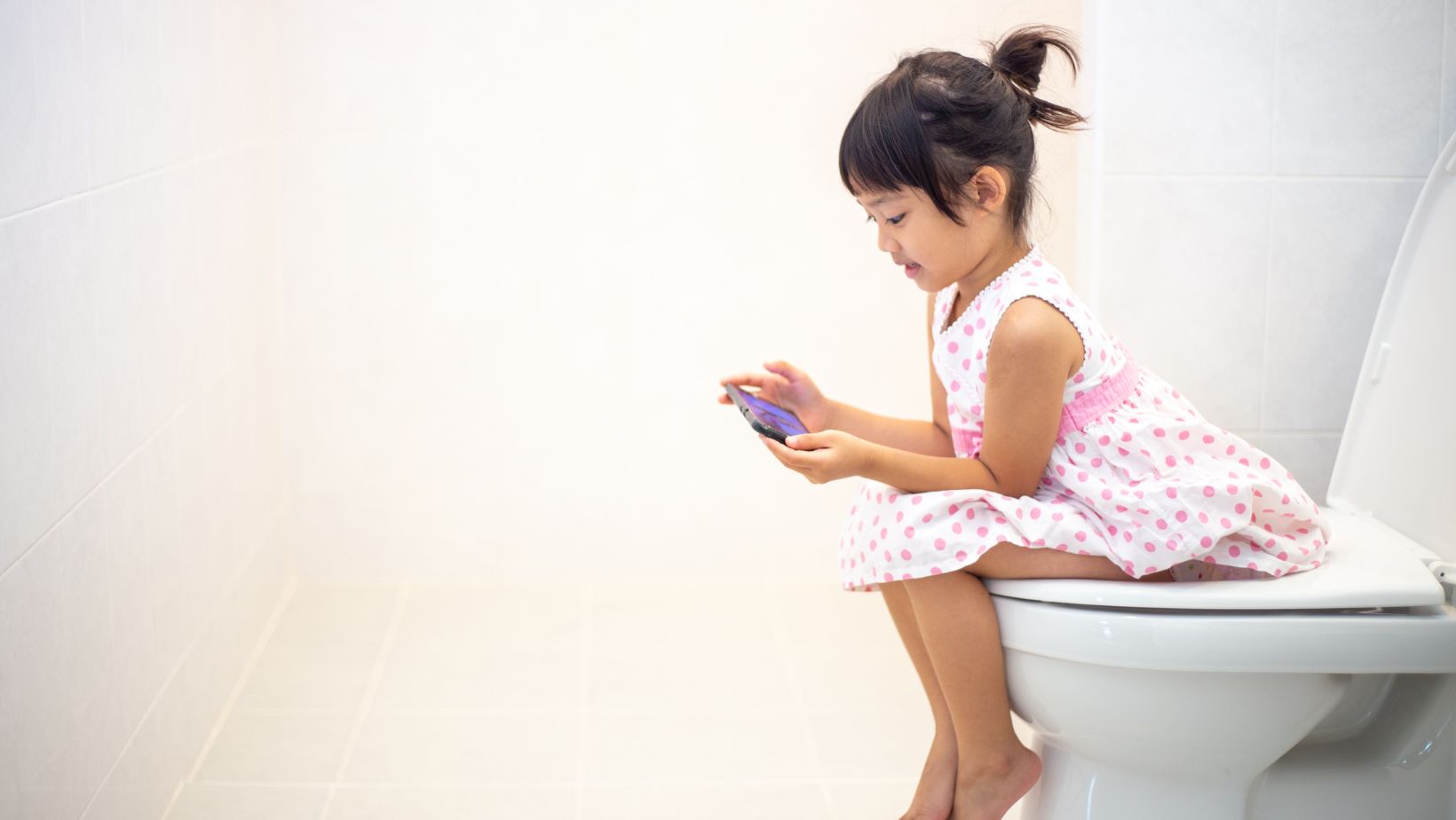 Dreams can be as fascinating as they are mysterious. They’re a universal experience, yet we’re often left puzzled about their true meanings. One such perplexing dream scenario is “mimpi bab di wc” – an Indonesian phrase that translates to “dreaming about defecating in the toilet”.
Dreams can be as fascinating as they are mysterious. They’re a universal experience, yet we’re often left puzzled about their true meanings. One such perplexing dream scenario is “mimpi bab di wc” – an Indonesian phrase that translates to “dreaming about defecating in the toilet”.
While it might seem unusual or even a bit embarrassing, such dreams are not uncommon and hold significant interpretations in dream psychology. They’re often linked to the release of suppressed emotions or situations.
In the following sections, we’ll delve deeper into understanding the symbolism behind this specific dream scenario and its potential implications for your waking life. Stay tuned as we unravel the mysteries of your subconscious mind.
Mimpi Bab Di Wc
The Significance of Dreams in Different Cultures
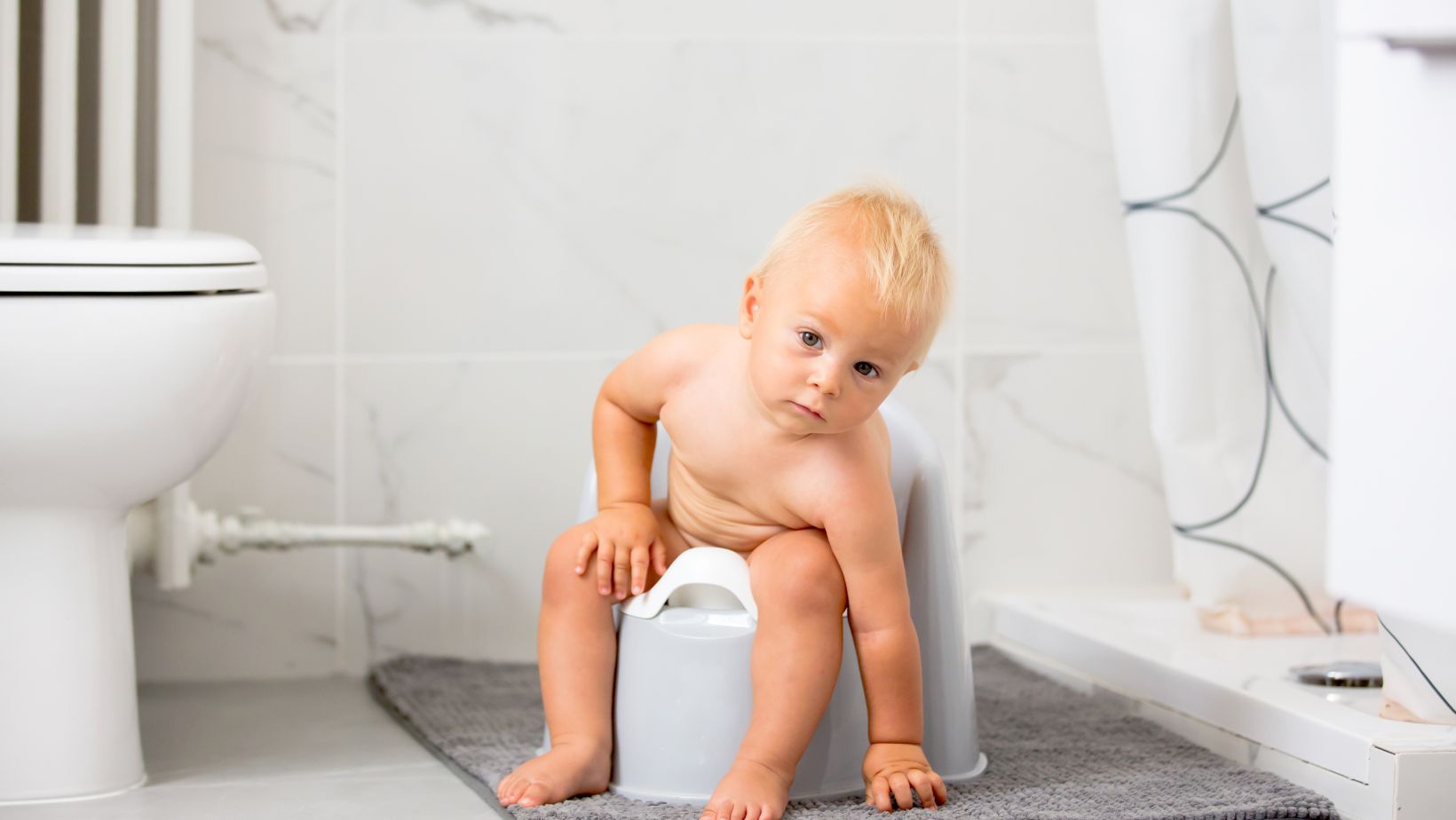 Understanding dreams’ roles varies widely across cultures. In some societies, dreams serve as a portal to spiritual realms, granting glimpses into the future or offering guidance. The interpretation of dreams, as practiced by ancient Egyptians, confirms this. They treated dreams as essential aspects of life, interpreting them as messages from gods. Additionally, indigenous Australian cultures venerate dreams, viewing them as vital metaphysical journeys. Contrasting this, Western psychology often analyzes dreams as manifestations of subconscious desires or psychological issues, as proposed by Sigmund Freud.
Understanding dreams’ roles varies widely across cultures. In some societies, dreams serve as a portal to spiritual realms, granting glimpses into the future or offering guidance. The interpretation of dreams, as practiced by ancient Egyptians, confirms this. They treated dreams as essential aspects of life, interpreting them as messages from gods. Additionally, indigenous Australian cultures venerate dreams, viewing them as vital metaphysical journeys. Contrasting this, Western psychology often analyzes dreams as manifestations of subconscious desires or psychological issues, as proposed by Sigmund Freud.
Increasingly, scientific research also delves into the physiological processes during dreams, searching for biological explanations. For instance, the REM (Rapid Eye Movement) stage of sleep often hosts intense dreams. Studies suggest a link with memory consolidation during this phase, highlighting dreams’ potential cognitive function.
Defining Mimpi Bab Di Wc
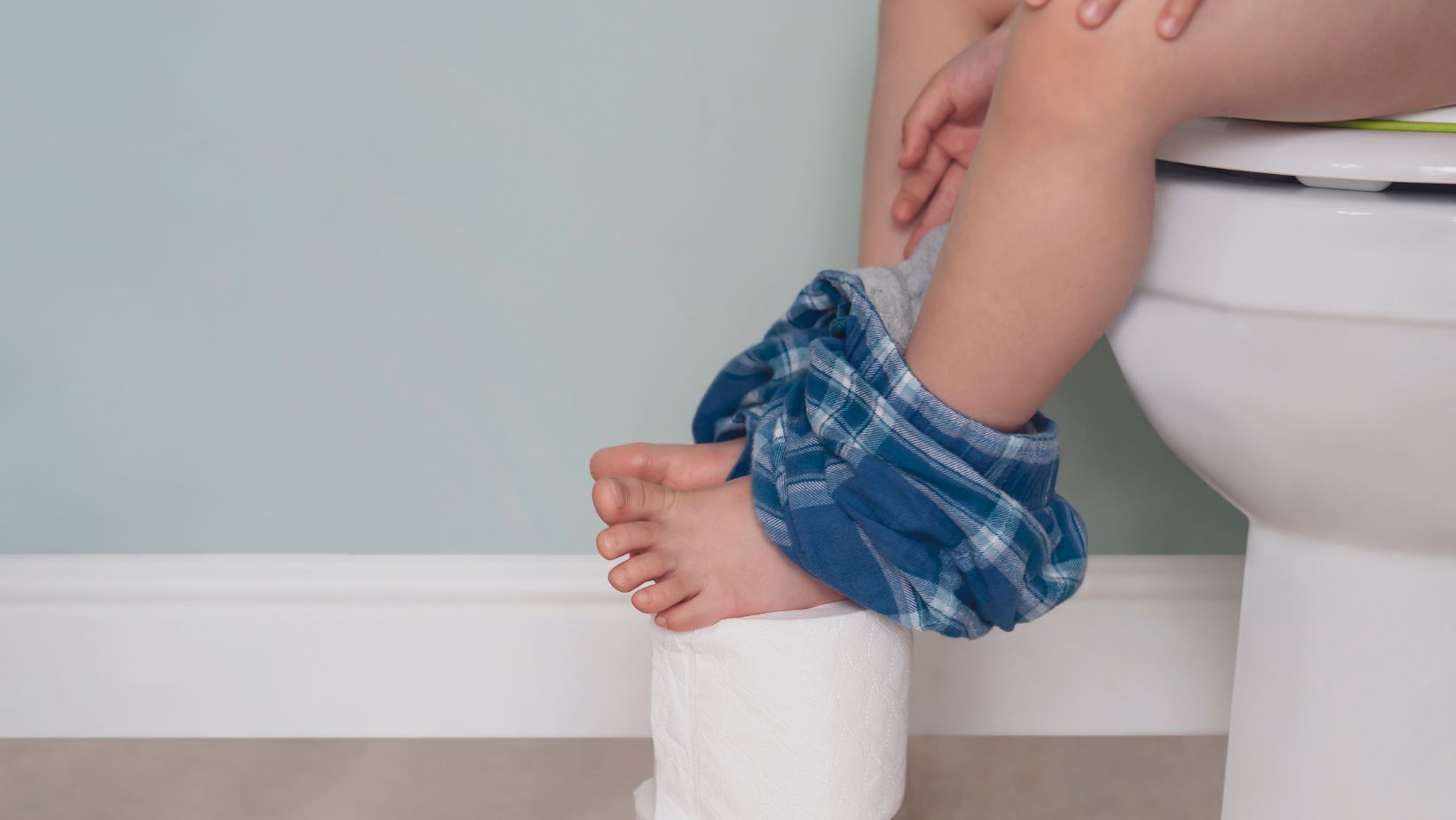 Moving to the specific dream scenario of mimpi bab di wc or “dreaming about defecating in a toilet,” it carries intriguing interpretations. In dream psychology, such a dream typically signifies purification and release. The act of defecation removes waste from the body, symbolizing the expulsion of negative emotions, toxic relationships, or unhelpful habits in waking life.
Moving to the specific dream scenario of mimpi bab di wc or “dreaming about defecating in a toilet,” it carries intriguing interpretations. In dream psychology, such a dream typically signifies purification and release. The act of defecation removes waste from the body, symbolizing the expulsion of negative emotions, toxic relationships, or unhelpful habits in waking life.
In some cultures, this dream scenario implies the dreamer’s desire to dispose of unnecessary elements in their life, echoing the psychological analysis. This vision may demonstrate the dreamer’s ongoing process of internal cleaning, suggesting that they manage their emotional health well. On a different note, they could be struggling to let go of harmful patterns, thus seeing themselves in the act of elimination in dreams. Overall, mimpi bab di wc may serve as an insightful prompt for personal introspection.
Interpreting Mimpi Bab Di Wc Symbolism
Dream interpretation varies, with cultural beliefs and individual circumstances defining each dream’s unique significance. In decoding the mimpi bab di wc dream, an understanding of its common interpretations, the symbolism behind “WC”, and the significance of “bab” in dream interpretation becomes vital.
The Common Interpretations
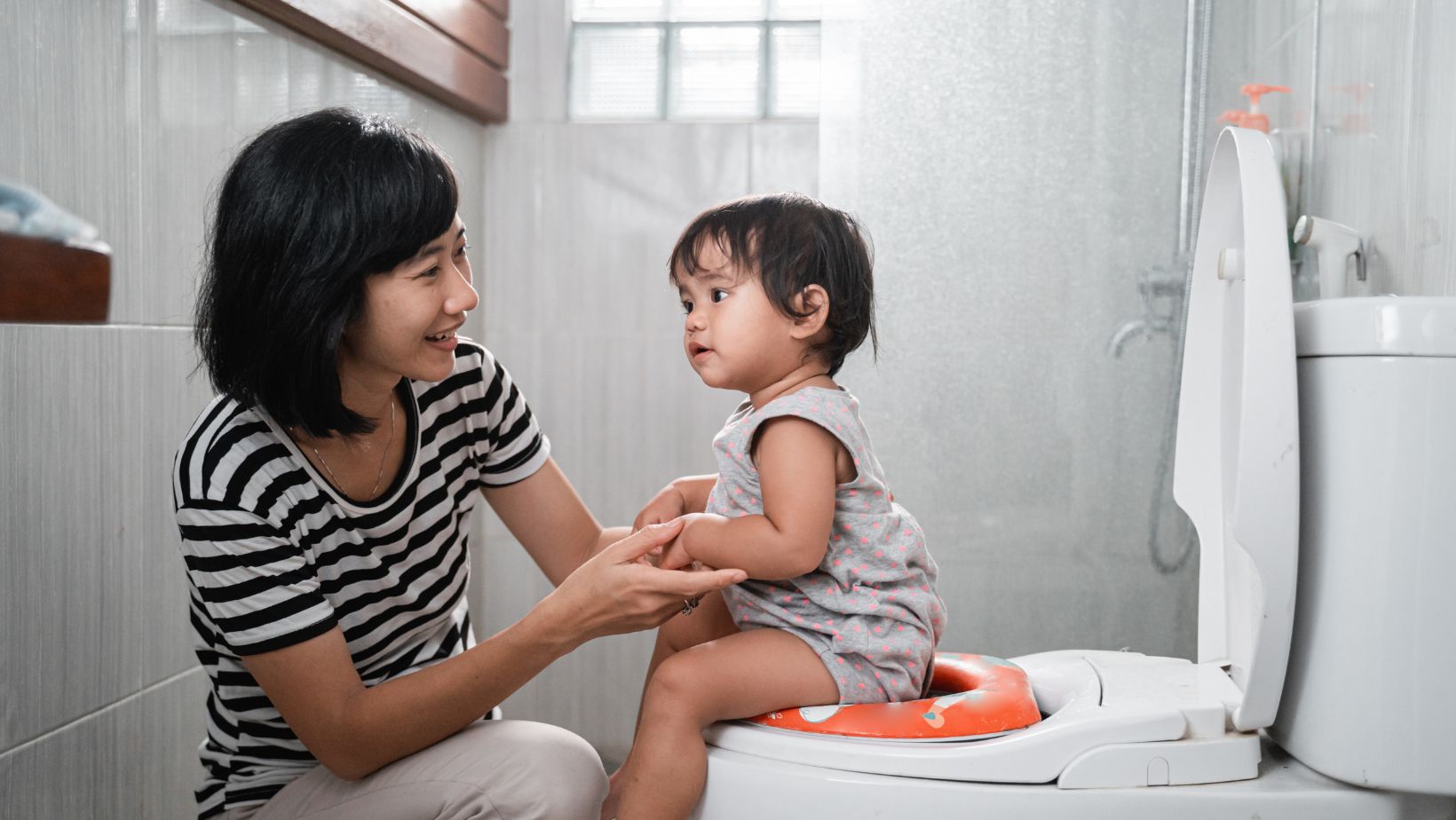 Mimpi bab di wc often represents purification, as established in the previous summary. Traditional dream interpreters consider this a sign of emotional detoxification, symbolizing release from negative feelings or harmful habits. People often see this dream during periods of life transition, for example, during career changes, after relationship breakups, or when preparing to move homes. It’s the subconscious mind’s way of preparing for a fresh start.
Mimpi bab di wc often represents purification, as established in the previous summary. Traditional dream interpreters consider this a sign of emotional detoxification, symbolizing release from negative feelings or harmful habits. People often see this dream during periods of life transition, for example, during career changes, after relationship breakups, or when preparing to move homes. It’s the subconscious mind’s way of preparing for a fresh start.
Symbolism Behind “WC” in Dreams
In dreams, the WC, or the toilet, is a place of sanitation, privacy, and reflection. It often symbolizes a need for privacy. Seeing a WC in a dream suggests a need to cleanse one’s mind or let go of stored negative emotions.
The Significance of “Bab” in Dream Interpretation
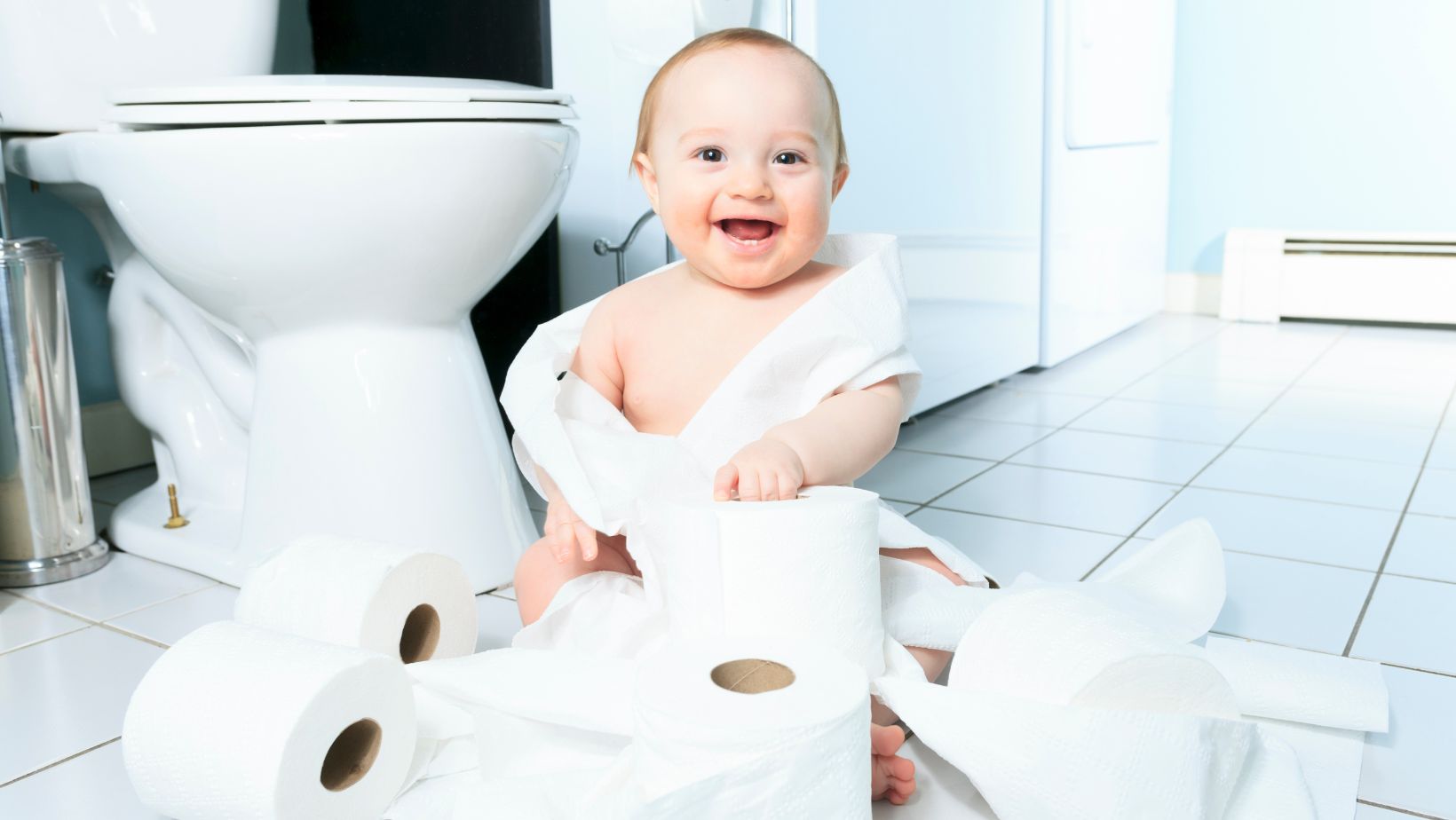 “Bab,” or defecating, in dreams generally represents a release of suppressed emotions or toxic mindsets. It provides insight into the dreamer’s psychological state, indicating a need for release from unhealthy emotional patterns or harmful habits that yield no benefit. Overall, it encapsulates the idea of letting go to achieve improved emotional well-being and start anew. An examination of “bab” in dream interpretation thus boils down to the individual’s associations with releasing and beginning afresh, shedding light on the personal changes they are undergoing or need to undertake.
“Bab,” or defecating, in dreams generally represents a release of suppressed emotions or toxic mindsets. It provides insight into the dreamer’s psychological state, indicating a need for release from unhealthy emotional patterns or harmful habits that yield no benefit. Overall, it encapsulates the idea of letting go to achieve improved emotional well-being and start anew. An examination of “bab” in dream interpretation thus boils down to the individual’s associations with releasing and beginning afresh, shedding light on the personal changes they are undergoing or need to undertake.
The Psychology Behind Dream Interpretation
These next sections dig deeper into the psychological roots, especially from the views of two significant psychologists: Sigmund Freud and Carl Jung.
Freudian Interpretation of Mimpi Bab Di Wc
Sigmund Freud, a pioneer in psychoanalysis, held the view that dreams, including mimpi bab di wc, are windows into our unconscious mind. Reflecting Freud’s theories, one could interpret this particular dream as a manifestation of the dreamer’s suppressed emotions or memories.
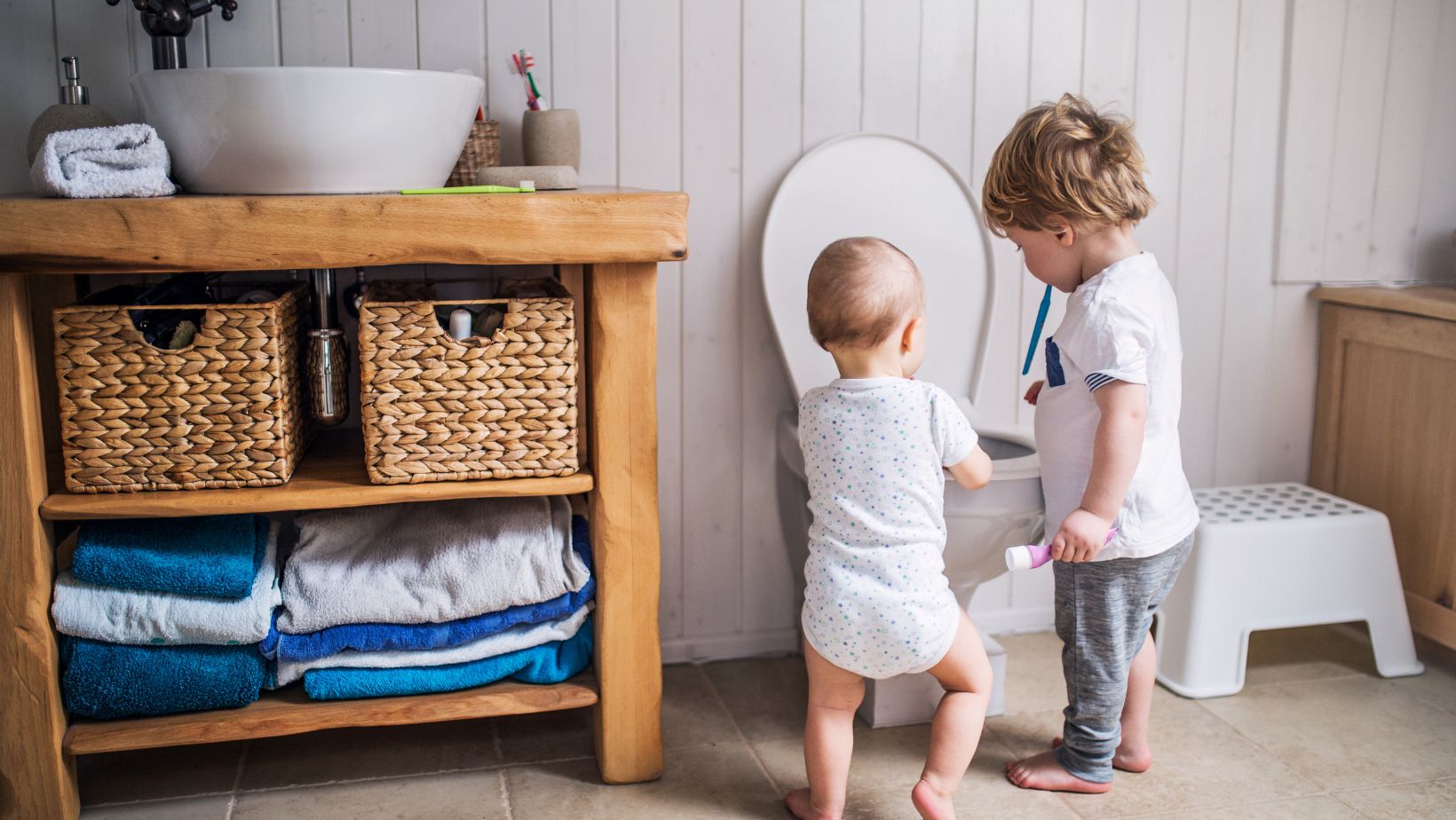 In essence, “bab” or defecation in the dream stands for the release of stored negativity. It’s an unconscious attempt signaling the urgent need to let go of destructive patterns or residual tension from past trauma. Hence, the dream essentially acts as an unconscious cleanse for the dreamer, much like a ‘psychological detox’.
In essence, “bab” or defecation in the dream stands for the release of stored negativity. It’s an unconscious attempt signaling the urgent need to let go of destructive patterns or residual tension from past trauma. Hence, the dream essentially acts as an unconscious cleanse for the dreamer, much like a ‘psychological detox’.
Freud might argue that the toilet, or “wc,” takes on a significant role in the dream as well. He’d probably propose that it reflects the dreamer’s deep-seated desires for privacy and introspection. It’s an important reminder that dealing with internal turmoil, while important, often requires a personal and private space.
Jungian Perspective on Toilet Dreams
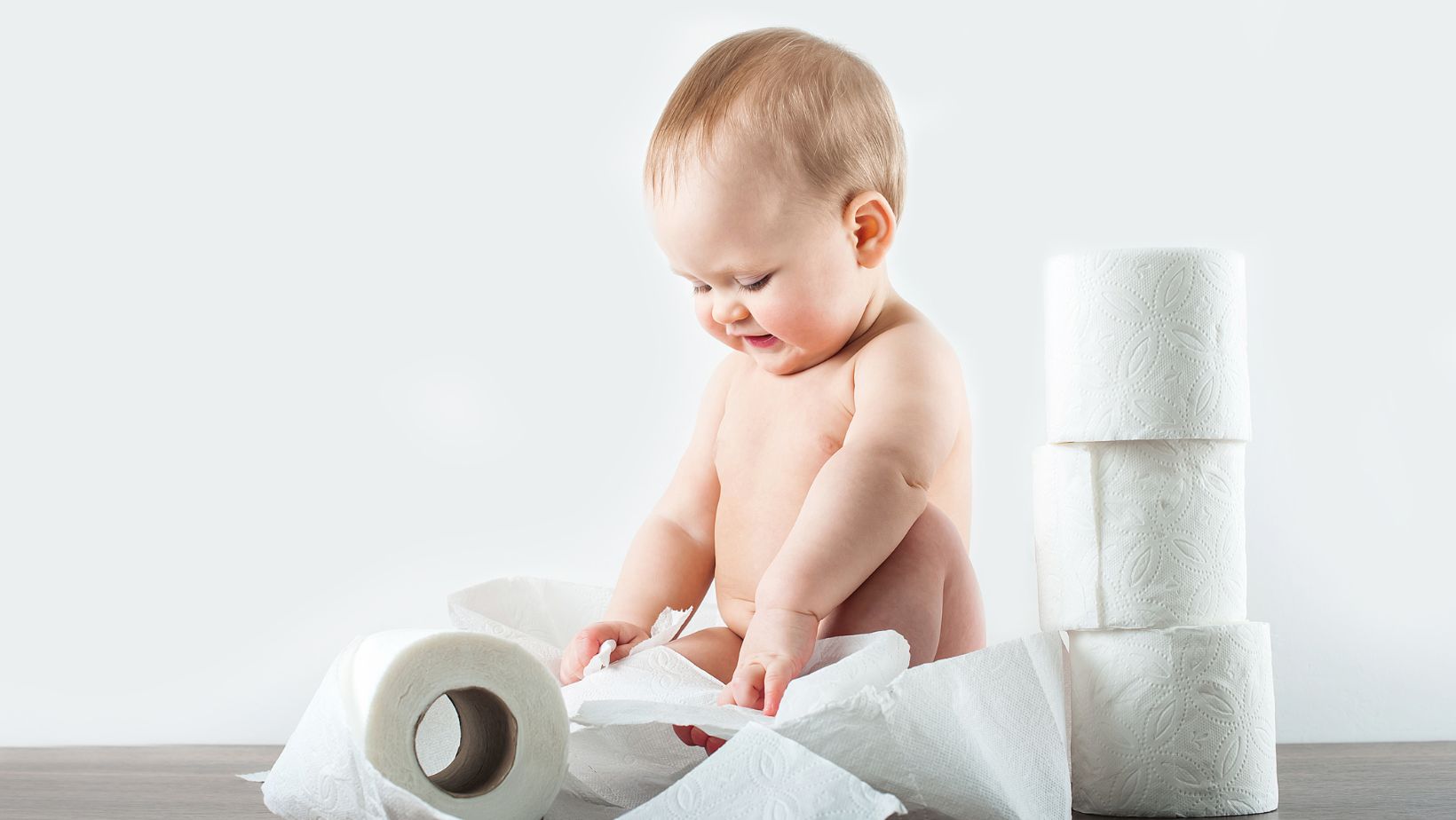 Meanwhile, Swiss psychiatrist Carl Jung offers a contrasting perspective. Jung proposed that dreams aren’t just about suppressed desires or memories, but are also symbolic indicators of the process of personal growth and self-discovery.
Meanwhile, Swiss psychiatrist Carl Jung offers a contrasting perspective. Jung proposed that dreams aren’t just about suppressed desires or memories, but are also symbolic indicators of the process of personal growth and self-discovery.
For instance, interpreting mimpi bab di wc from a Jungian point of view, one might say that the act of defecation can symbolize the shedding of old attitudes or habits. It’s a part of the wide-ranging process of individuation, where a person acknowledges their flaws and discarded attitudes to become their best self.
Personal Experiences with Mimpi Bab Di Wc
Dreams exhibit unique and surreal worlds, with scenarios as cryptic as mimpi bab di wc playing key roles in individuals’ stories. Personal experiences, grounded in cultural interpretations or psychological models, drive the understanding of such dreams. Diving into real-life anecdotes and experts’ views on toilet dreams helps unravel this peculiar but intriguing dream element.
Sharing Real-Life Stories
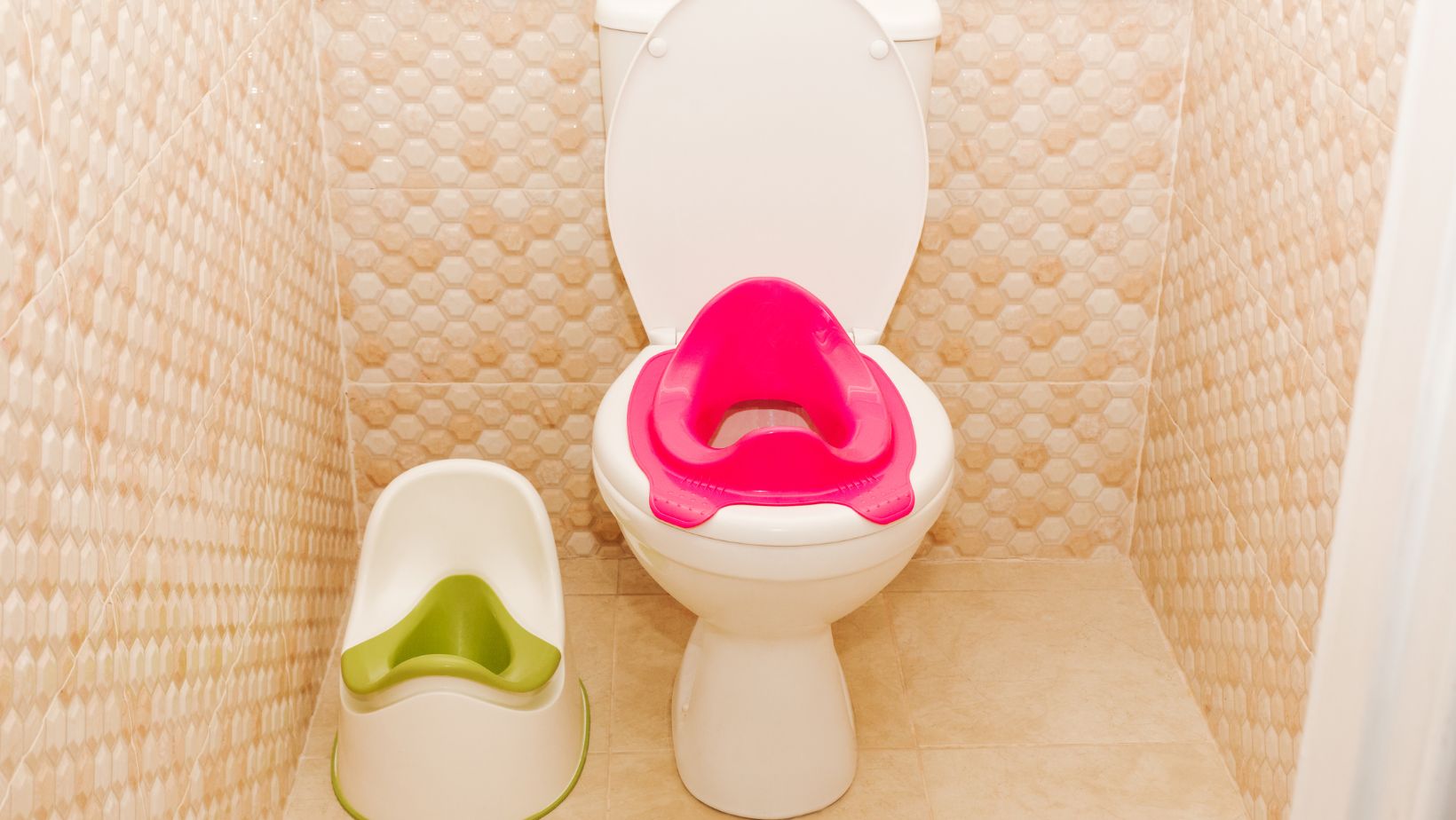 Real-life stories, littered with dreams like mimpi bab di wc, offer first-hand interpretations of the symbolic element in action. In one instance, a man suffering from professional stress recounted dreaming of defecating in a toilet. Post dream, he initiated certain lifestyle changes, attributing his dream to a message of letting go of his pent-up frustration.
Real-life stories, littered with dreams like mimpi bab di wc, offer first-hand interpretations of the symbolic element in action. In one instance, a man suffering from professional stress recounted dreaming of defecating in a toilet. Post dream, he initiated certain lifestyle changes, attributing his dream to a message of letting go of his pent-up frustration.
Similarly, another case involved a woman overwhelmed with past trauma. She often dreamt of excreting in a public restroom, causing her embarrassment. After partaking in therapy sessions, she gradually started to make sense of her dreams. mimpi bab di wc for her symbolized a release of past baggage and progressing towards personal healing. Note, these dreams not only serve as a reflection of emotions but often act as catalysts for personal transformation.
Experts’ Views on Toilet Dreams
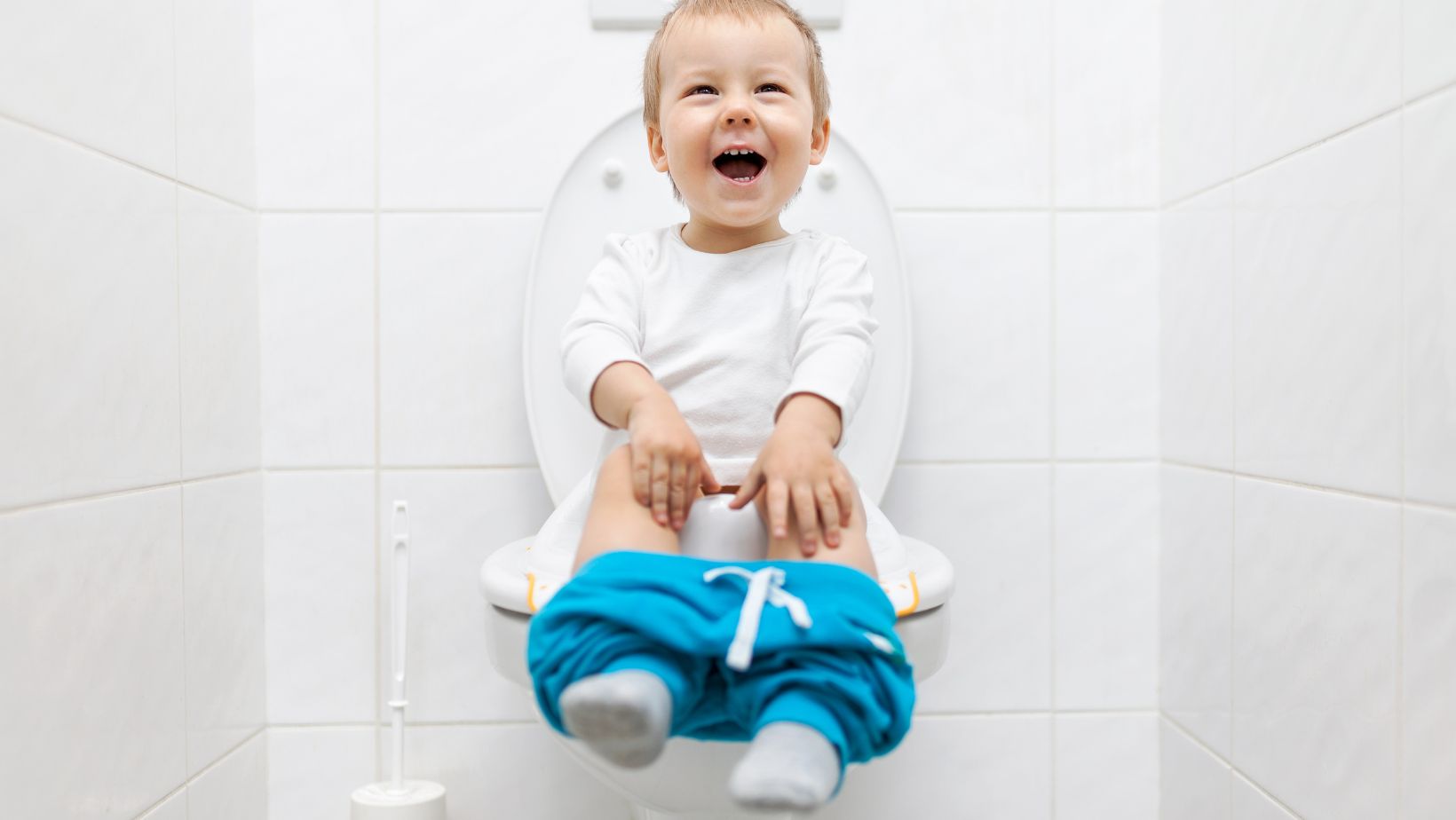 Experts, drawing from various models, contribute significantly to the understanding of dreams like mimpi bab di wc. Freudian theory often correlates these dreams to a release of suppressed emotions, insinuating a positive transformation on the horizon. Others, grounded in Jungian school of thought, consider mimpi bab di wc as indicative of personal growth and self-discovery.
Experts, drawing from various models, contribute significantly to the understanding of dreams like mimpi bab di wc. Freudian theory often correlates these dreams to a release of suppressed emotions, insinuating a positive transformation on the horizon. Others, grounded in Jungian school of thought, consider mimpi bab di wc as indicative of personal growth and self-discovery.
Not neglecting a medical perspective, some experts link toilet dreams to physiological functions. They suggest these could connote a simple body’s alert system indicating a need to urinate during sleep.
